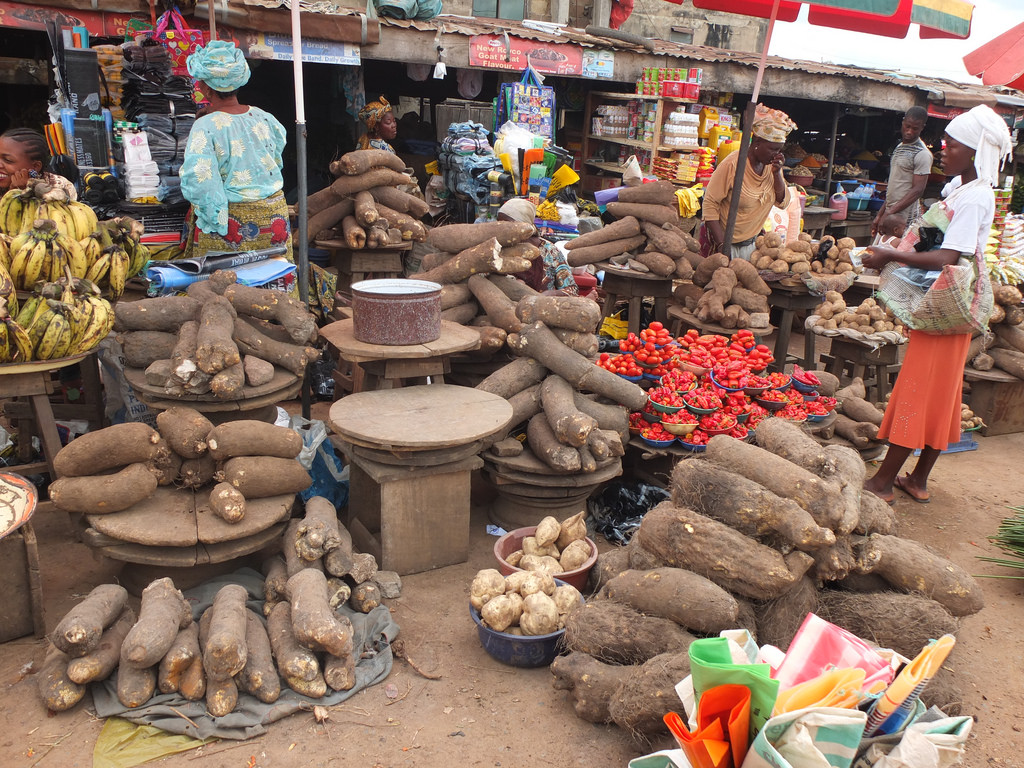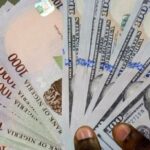Inflation rate increased by 13.22 per cent in August, up from 12.82 per cent recorded in July 2020, being the highest in two years.
The Consumer Price Index, which measures inflation, released yesterday by the National Bureau of Statistics (NBS) indicated a headline index increase of 1.34% in August 2020.
Analysts predict rise in inflation rate to 12%
Consumers predict rise in inflation in 2020 — CBN
Analysis shows that the percentage change in the average composite CPI for the 12 months period ending August 2020 over the average of the CPI for the previous 12 months was 12.23%, representing a 0.18% point rise from 12.05% recorded in July 2020.
The report showed that the composite food index rose by 16.00% in August 2020 compared to 15.48% in July 2020.
“This rise in the food index was caused by increases in prices of bread and cereals, potatoes, yam and other tubers, meat, fish, fruits, oils and fats and vegetables,” NBS explained.
The food sub-index increased by 1.67% in August 2020, up by 0.15% points from 1.52% recorded in July 2020.
Although the Presidency had said food prices were declining, the NBS data and the Minister of Finance, Budget and National Planning, Zainab Ahmed, had differed.
The ”All items less farm produce” (or Core inflation), which excludes the prices of volatile agricultural produce stood at 10.52 per cent in August 2020, up by 0.42 per cent when compared with 10.10 per cent recorded in July 2020.
The highest increases were in prices of air transport, hospital, medical services and products, fixing transport equipment, vehicle and spare parts, road transport, among others.
Commenting, an economist and a former Director General of the Abuja Chamber of Commerce and Industry (ACCI), Chijioke Okechukwu, said he was not surprised that the inflation rate rose.
“This development is arising from the high exchange rate of the Naira to other currencies. The ripple effect of this has adversely affected prices of goods and services and creating Cost Push Inflation,” he said.
Okechukwu urged the Central Bank of Nigeria (CBN) to use monetary policy tools to ameliorate the pressure on foreign exchange and force the rate down.
Head, Research Investment Management at Sigma Pensions, Mr. Wale Okunriboye, said: “The surge in food prices over August, usually the start of the main harvest for many crops in Nigeria, provides strong evidence that farming activity and domestic food supply chains were adversely impacted by COVID-19 restrictions earlier in the year.”
Analysts at Vetiva Research, Mosope Arubiyi and Ibukun Omoyeni, noted that a cursory glance at selected food price watch data showed that 95% and 83% of the listed items were sold at higher prices in June and July respectively, lending credence to heightened inflationary pressures from higher fuel prices.
Housing, water, electricity, gas and other fuel (HWGS) inflation rose to a 30-month high of 8.13% y/y in August, they noted.




